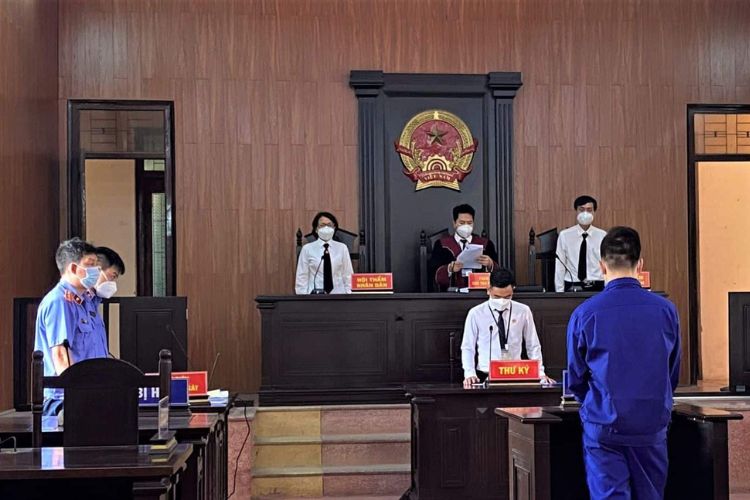1. Lawyers need to prepare before going to court
- Re-examine the defense and defense articles to review issues that need to be corrected or supplemented
- Prepare documents and evidence and arrange them to facilitate use at trial, including: documents and evidence in the case file; Relevant documents (read documents and documents carefully, highlight important points)
- Planning for interrogation: content and requirements
- Lawyer’s questioning plan
- Anticipate who needs to ask
- Determine the order of the people you need to ask
- Expected range of questions for participants in the proceedings
- Expect specific questions for each participant in the proceedings
2. Lawyers’ skills in the procedure for starting a trial
- Keep track of the list of summoned people (present, absent)
- Listen to the secretary report the list of summoned people
- Record the list of summoned people, present and absent
- Based on the provisions of Articles 162, 165, 166, 167 of the Criminal Procedure Code 2015, prepare opinions on the absence of the summoned person (if necessary).
- Monitor the chairperson checking identification and explaining the rights and obligations of the client
- Monitor the chairperson to check identification and explain rights and obligations
- If you find there is a violation of procedural procedures, prepare your comments to propose to the jury
- Give your opinion on the procedure for starting a trial
In case the lawyer considers that the procedures for starting the trial have been fully carried out in accordance with the order and procedures prescribed by the Criminal Procedure Code, he or she agrees and requests the Panel to continue working.
In case the lawyer has a proposal to:
- Ensure procedural rights for clients
- Submit additional documents
- Summon witnesses
- Postponement of trial

3. Lawyers’ skills in questioning at trial
- Purposes and requirements for lawyers during the questioning at trial
- Purpose …
- Request …
- Lawyers’ skills in questioning at trial
- Follow developments at the trial:
- Listen to the indictment, compare it with the indictment the lawyer already has, and take notes on the prosecutor’s additions to the indictment (if any).
- Listen to the jury, judges, and other lawyers and the answers of the respondents, take notes of necessary points
- Make requests (if necessary)
- Proceed to ask
4. Lawyers’ skills in arguing at trial
Arguing at trial
- The prosecutor presented the indictment
- Lawyers present defense and defense statements: lawyers present according to the prepared outline of defense and defense statements.
- Conversation
- The prosecutor presented the indictment
- Lawyers listen and take notes of necessary points in the prosecutor’s impeachment statement to serve the defense or defense.
- Modify and supplement defense and defense articles (if necessary)
- Listen to the representative of the Procuracy present
- Responding to the representative of the Procuracy
- Respond to the victim (or their representative)
- Respond to other participants in the proceedings
5. Lawyers’ skills when hearing the verdict
- Listen to understand the content of the judgment
- Take notes as necessary

